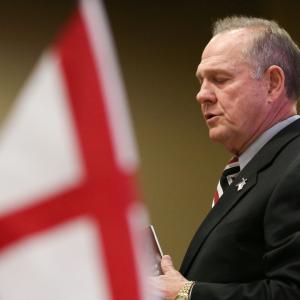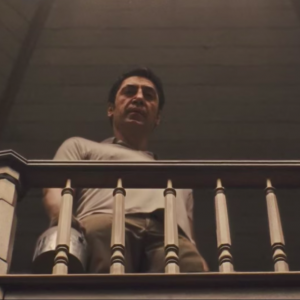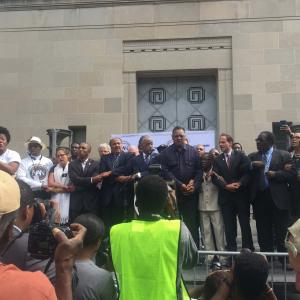
Patrick Hubbard comes to Sojourners after graduating from Taylor University with a degree in Political Science, Philosophy, and Economics. During his time in college Patrick spent a semester studying and working in DC, developing a deep love and appreciation for the city, its people, and, yes, even its public transit system. He is happy to be back and working for Sojourners, where he hopes to continue to develop his commitment to justice and civic engagement.
He is especially interested in economic and health policy, international nonviolence, immigration, and global economic development. He loves reading and writing about these and other subjects, and cares deeply about the Christian call to see the image of God in everyone. Patrick has previously held internships with a DC-based consulting firm working with education and international development coalitions, and an international relief nonprofit doing data analysis and staff education work.
Patrick is an avid fan of rock climbing and alpinism, running, reading, soccer, and tennis. He loves spending time in the city of DC and exploring its neighborhoods and metro stations. He is a huge fan of all types of literature, and his favorite books are Never Let Me Go by Kazuo Ishiguro and The Divine Comedy by Dante Alighieri.
Posts By This Author
Why We Should Expect Our Politicians to Be Moral People
We should choose representatives who are guided by principles that spur them towards benevolence and empathy with those whom their decisions affect. We expect our politicians to be moral people, both publicly and privately, because their decisions affect how we engage in society. , Their private lives inform their public decision-making. Imagine Roy Moore deciding laws affecting sexual assault policies on college campuses, domestic abuse, or virtually anything to do with the safety of women in America. He has acted selfishly and disturbingly in the past, and we have no real assurance that he sees the harm in a 34-year-old man having a relationship with a 14-year-old girl.
The Theological Challenge of ‘mother!’
mother! is a disturbing portrait of God that says nothing good about God's followers. Immediately after watching the visitors kill her child, mother hears Him say that these people must be forgiven — that they didn’t mean to do it, that they only want to be close to Him. The Christian theory of redemption is supposedly one of forgiveness and sacrifice, predicated on Christ’s death and resurrection, but the death of this child doesn’t read at all triumphant. From the mother's point of view, the visitors were never supposed to be in the house in the first place — if they hadn’t intruded on her life, they wouldn’t need forgiveness for killing her child.
Clergy March on Washington Calling for Racial Justice
On the 54th anniversary of the “I Have a Dream” speech, the voice of Dr. Martin Luther King Jr. echoed across the lower end of the National Mall as thousands of clergy gathered in Washington, D.C., to march for racial justice. The Ministers March for Justice brought together faith leaders of many traditions to speak out against racism and white supremacy, and sought to call the government to accountability.


